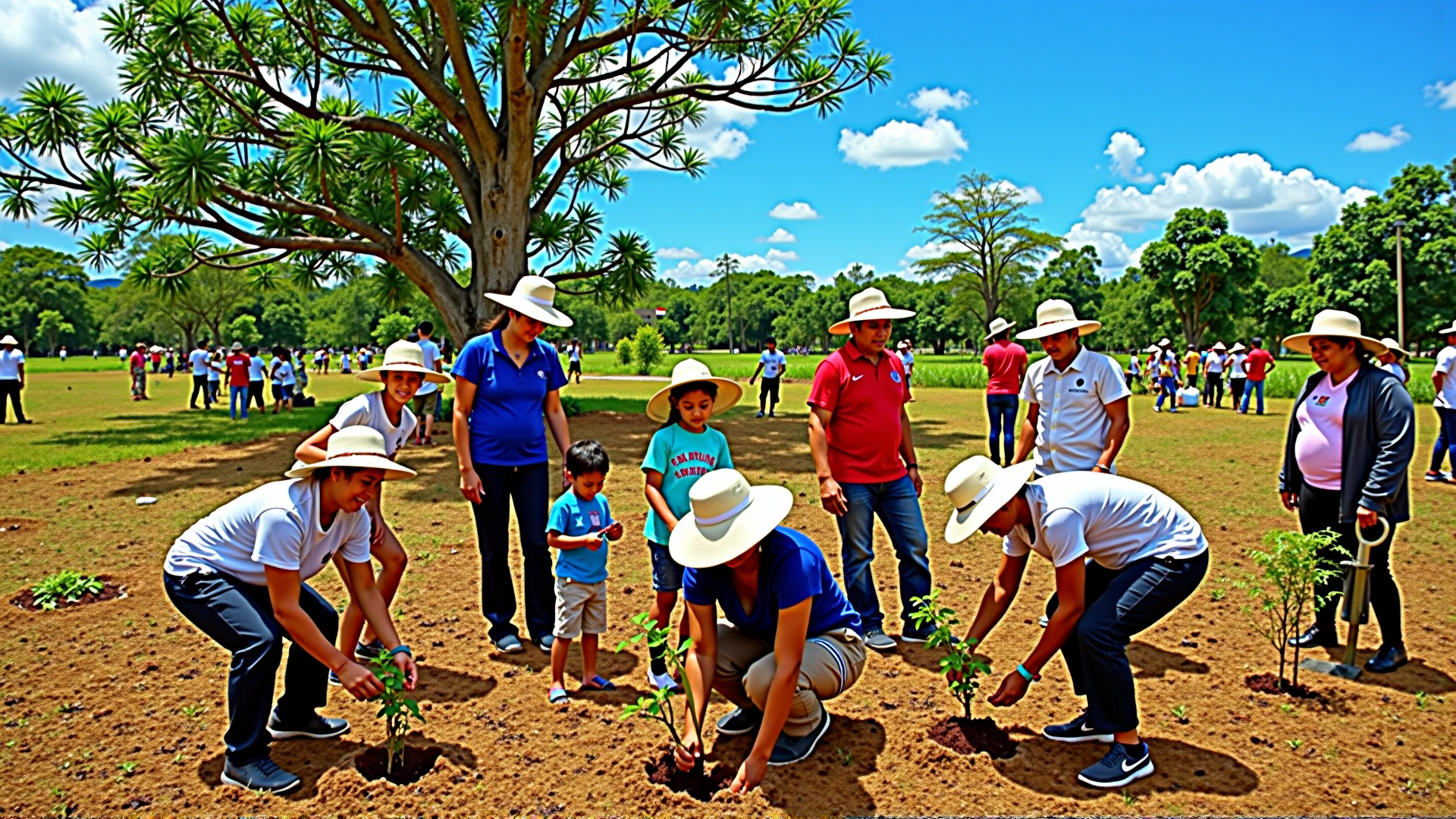The Rise of Eco-Conscious Communities in the Philippines
- March 15, 2024

Across the archipelago of the Philippines, a transformative movement is taking root, fostering vibrant eco-conscious communities that are setting an inspiring example for sustainable living. These communities, interwoven with traditional practices and contemporary innovations, are dedicated to nurturing the environment while enhancing the well-being of their inhabitants.
In recent years, grassroots initiatives have emerged across various regions, showcasing an enthusiastic commitment to ecological preservation. These projects often begin with small groups of dedicated individuals who recognize the symbiotic relationship between humans and nature. By prioritizing sustainable agriculture, these communities are reviving indigenous farming methods that emphasize permaculture and crop diversity, leading to healthier soils and more resilient food systems. Organic farming has become a cornerstone, reducing the need for chemical fertilizers and pesticides, thereby supporting biodiversity and ensuring cleaner water sources.
Moreover, a growing number of barangays are now prioritizing waste management through innovative systems. Communities are establishing recycling centers and composting facilities, effectively minimizing landfill contributions and encouraging a culture of reuse and repair. These actions not only address pollution but also foster a sense of pride and responsibility among residents.
Renewable energy projects are another notable aspect of this movement. Solar panels are cropping up in rural areas, providing off-grid solutions that illuminate homes and power small enterprises. Harnessing the natural resources abundantly available in the country, such as solar and wind energy, empowers these areas to become self-sufficient and resilient in the face of climate challenges.
Education and community engagement play a critical role in sustaining these initiatives. Workshops and seminars are frequently conducted, raising awareness and equipping residents with the knowledge needed to adopt and advocate for sustainable practices. Schools are integrating environmental education into their curricula, ensuring that the next generation is equipped with the skills and mindset required to continue the momentum for positive change.
Furthermore, local artisans and entrepreneurs are contributing to this eco-conscious wave by championing products that are both sustainable and culturally significant. By utilizing local materials and traditional techniques, these enterprises not only celebrate heritage but also encourage a deeper connection and respect for natural surroundings.
Tourism in these eco-conscious areas is also evolving. Visitors are encouraged to participate in ecologically responsible activities, such as tree planting, beach clean-ups, and walking tours that highlight conservation efforts. This "leave no trace" mindset ensures that tourism fosters economic opportunities without compromising the integrity of the environment.
By observing the flourishing eco-conscious communities in the Philippines, it becomes evident that collective effort can indeed lead to meaningful change. They exemplify how local action, informed by traditional wisdom and modern innovation, has the power to create a future that is both prosperous and sustainable. Embracing such practices and ideologies can inspire individuals worldwide to take part in this environmental renaissance, ultimately benefiting the planet and future generations.
We have updated our Privacy Policy to reflect recent changes in data protection laws. Please review the changes to understand how we collect, use, and share your information. Read the full Privacy Policy